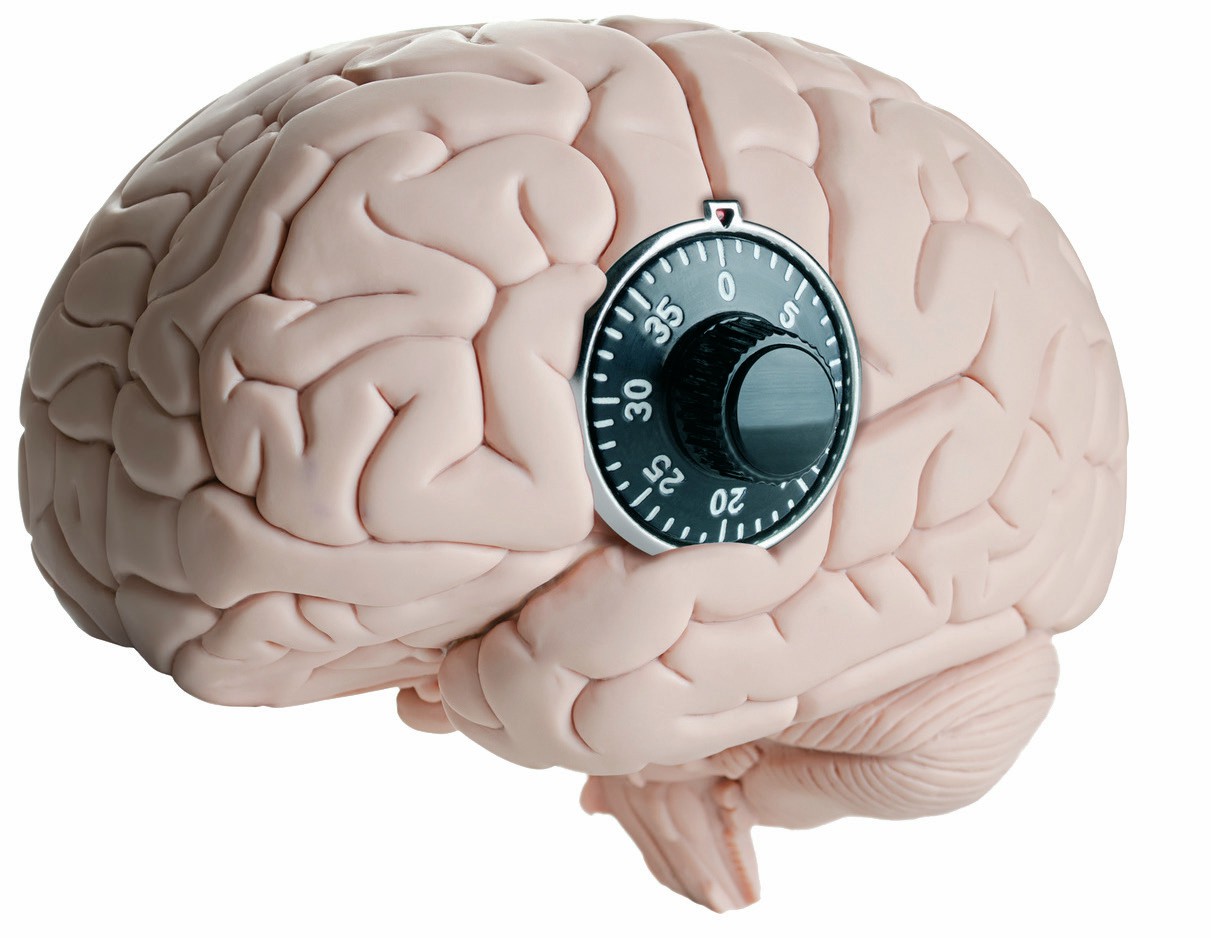
Yesterday I cycled past a chip shop and started to think about the seaside. My visual memory quickly skipped to a holiday I once had: Blackpool promenade, colourful lights, donkeys and the South Pier. For a split second I felt compelled to go and buy some chips and satisfy that urge. I hadn’t planned that thought and image — it just happened. My mind was automatically responding to the smells, sights and sounds around me and making connections to past life events.
This is a process that I am sure most of us can relate to. We all experience unplanned thoughts that spontaneously prompt actions and emotional responses. It’s just that most people don’t often stop long enough to notice it happening or give it much importance.
Your organisation does not have access to this article.
Sign up today to give your students the edge they need to achieve their best grades with subject expertise
Subscribe




